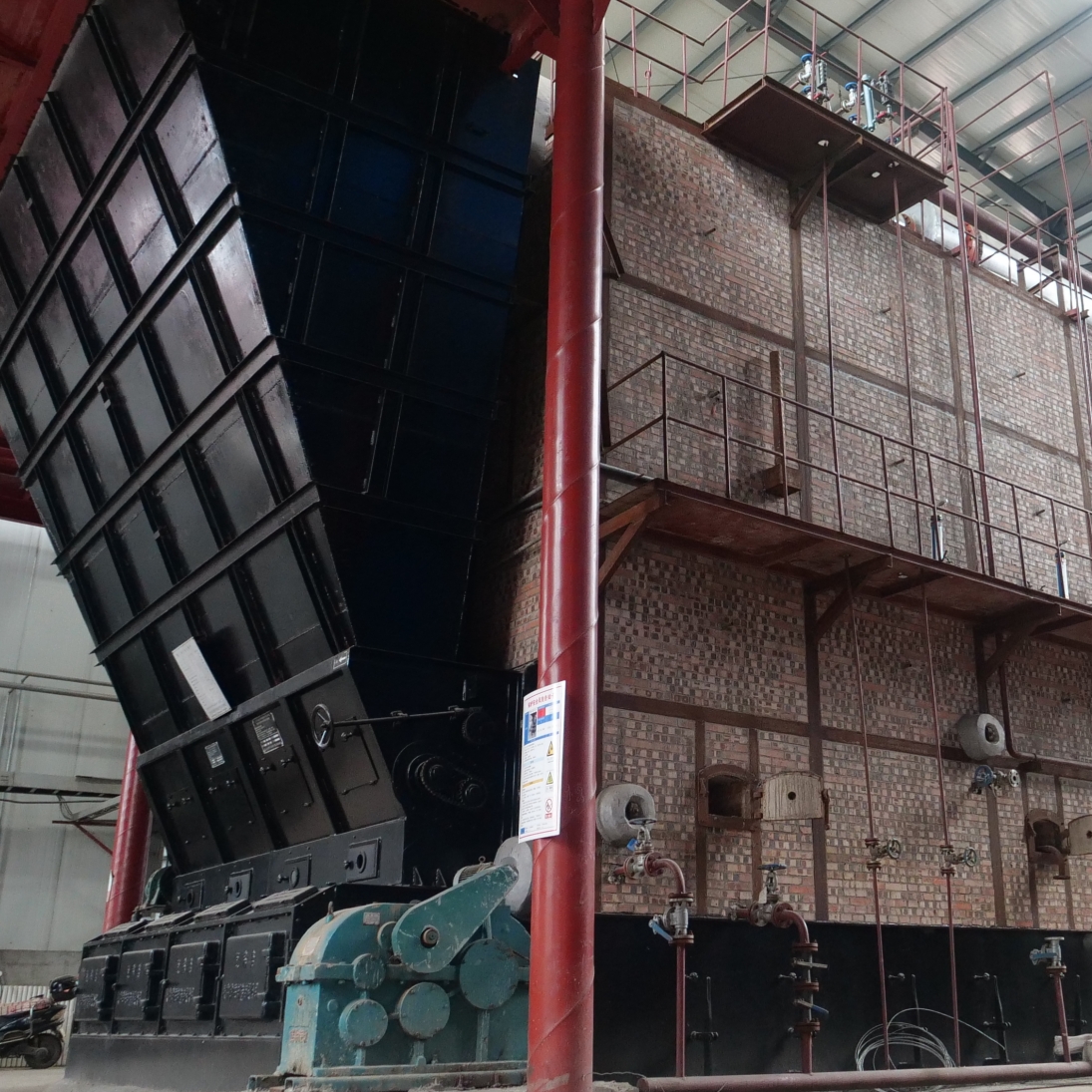
Des . 02, 2024 05:30 Back to list
Chemical Treatment Methods for Steam Boiler Efficiency and Longevity
Steam Boiler Chemical Treatment Ensuring Efficiency and Longevity
Steam boilers are vital components in many industrial processes, providing the necessary steam for heating, power generation, and various manufacturing applications. However, the efficiency and longevity of these boilers are heavily influenced by the quality of the water used and the treatment processes applied. This is where chemical treatment becomes essential, addressing common issues like scale formation, corrosion, and fouling, which can significantly impact performance.
The Importance of Water Quality
Water is the lifeblood of steam boilers. However, water is rarely pure and may contain dissolved minerals, gases, and other impurities. When boiler water is used in the steam generation process, these impurities can precipitate and deposit as scale on the boiler internals. Scale reduces heat transfer efficiency, requiring more energy to produce the same amount of steam, thereby increasing operating costs. Additionally, if left unchecked, scale can ultimately lead to overheating and catastrophic failures.
Furthermore, water can contain dissolved oxygen and carbon dioxide, both of which contribute to corrosion. Corrosion can weaken the structural integrity of the boiler, leading to leaks, failures, and costly downtime. To mitigate these risks, proper chemical treatment is necessary.
Chemical Treatments An Overview
Chemical treatments for boiler water typically involve adding specific chemicals to neutralize or remove impurities. The primary goals of these treatments include
1. Scale Control Scale inhibitors are chemicals added to the water to prevent scale formation. Common scale inhibitors include phosphates, polyacrylates, and polymers. They work by either precipitating scale-forming minerals in a way that they can be easily removed or by conditioning the scale so that it adheres less strongly to surfaces.
steam boiler chemical treatment

2. Corrosion Inhibition To combat corrosion, various chemical compounds are employed, including oxygen scavengers and pH adjusters. Oxygen scavengers, such as sodium sulfite or hydrazine, react with dissolved oxygen, removing it from the water and preventing oxidative damage. Similarly, maintaining the appropriate pH level, usually between 10.5 and 11.5, is crucial as extreme pH levels can accelerate corrosion rates.
3. Anti-Fouling Agents In addition to scale and corrosion prevention, chemical treatments also address fouling—deposits that accumulate on heat transfer surfaces. Chemicals like surfactants can be introduced to help keep these deposits in suspension, ensuring they are removed from the system during blowdown—a process where a portion of concentrated water is drained from the boiler to remove impurities.
Monitoring and Maintenance
While chemical treatments are effective, their success relies on regular monitoring and maintenance. Operators should continuously analyze the boiler water’s chemistry to ensure optimal conditions. This involves testing for pH, conductivity, dissolved oxygen, and levels of treatment chemicals.
Adjustments to chemical dosages may be necessary depending on changes in water quality or operating conditions. A skilled water treatment professional plays a crucial role in analyzing the results and recommending changes to treatment protocols.
Conclusion
The chemical treatment of steam boilers is a critical aspect of maintaining efficiency and extending the equipment's lifespan. By effectively managing scale, corrosion, and fouling through chemical interventions, operators can significantly reduce maintenance costs, improve energy efficiency, and enhance the reliability of steam systems. As industries continue to evolve and face new challenges, investing in proper boiler chemistry will become increasingly important to meet operational demands and sustainability goals. Ultimately, a well-maintained steam boiler system not only supports productivity but also contributes to the overall economic and environmental performance of a facility.
-
Oil Fired Hot Water Boilers Sale - High Efficiency & Affordable
NewsJul.31,2025
-
High-Efficiency Commercial Oil Fired Steam Boiler for Industry
NewsJul.30,2025
-
High-Efficiency Biomass Fired Thermal Oil Boiler Solutions
NewsJul.30,2025
-
High Efficiency Gas Fired Thermal Oil Boiler for Industrial Heating
NewsJul.29,2025
-
High-Efficiency Gas Fired Hot Water Boiler for Sale – Reliable & Affordable
NewsJul.29,2025
-
High Efficiency Biomass Fired Hot Water Boiler for Industrial and Commercial Use
NewsJul.29,2025
Related PRODUCTS






















